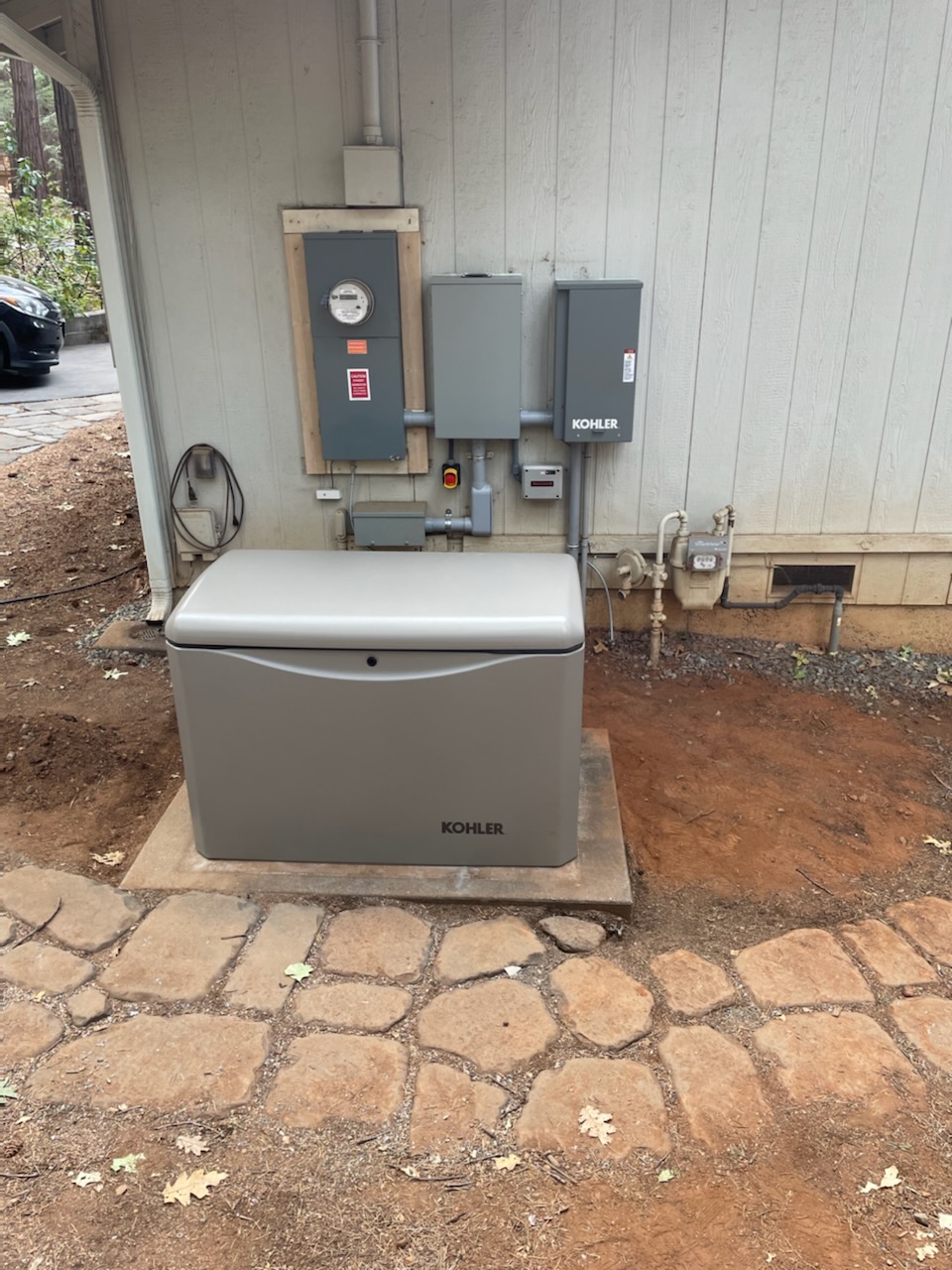Understanding Electrical Safety Risks in Older Foothill Homes
Did you know that many older foothill homes in the Tri-Counties were built using electrical materials and wiring methods that are now at risk of causing fires? As a licensed local electrician serving Grass Valley and the surrounding areas, I’ve seen firsthand how these outdated systems can lead to dangerous situations.
Common Electrical Hazards in Grass Valley Homes
Hair dryers, portable heaters, and cooking appliances all consume a significant amount of power. In homes with outdated wiring, these devices can overload electrical circuits, potentially causing fires. Two major hazards often cause property damage and personal injury in the Tri-Counties:
1. Faulty Electrical Panels
Homes and buildings constructed from the 1960s through the early 1980s often feature electrical panels that are now known fire hazards. Despite never being formally recalled, these panels pose a significant risk to homeowners. Common problematic panels include:
- Zinsco or Zinsco-Sylvania: These are especially prevalent in the Tri-Counties.
- Federal Pacific Stab-Lok (FPE)
2. Improperly Wired Wall Outlets and Switches
Another common hazard is improperly wired wall outlets and switches, particularly those using push-in terminals. Over time, loose connections can cause outlets to overheat and even melt, creating a significant fire risk.
Hidden Dangers of Electrical Hazards
According to the National Fire Protection Association (NFPA), electrical issues are among the top five causes of fires. However, many electrical hazards remain hidden from view, with components like Zinsco panels and push-in terminals appearing to function correctly for years before failing catastrophically.
Preventive Measures: Electrical Safety Inspections
The potential damage from these hazards is substantial, but the good news is that they are preventable. Conducting a thorough electrical safety inspection can help identify and mitigate these risks before they cause harm.
I strongly encourage property owners in Grass Valley and the surrounding Tri-Counties to schedule regular safety inspections. These inspections not only provide peace of mind but also play a crucial role in safeguarding our communities against the increasing risk of electrical fires.
About Sola System Inc.
I’m Sola Williams, the owner of Sola System Inc., an independently owned family business dedicated to serving the electrical needs of the Tri-Counties for nearly two decades. Our commitment to safety and quality service has made us a trusted name in the region.
Schedule Your Safety Inspection Today
Don’t wait for a hidden electrical hazard to become a disaster. Schedule a safety inspection with Sola System Inc. today by calling us at 530-305-5851 or visiting our website at www.solasystemelectrical.com. Let us help you protect your home and family from the dangers of outdated electrical systems.
For reliable and experienced electrical services in Grass Valley and the Tri-Counties, trust Sola System Inc. Your safety is our top priority.


